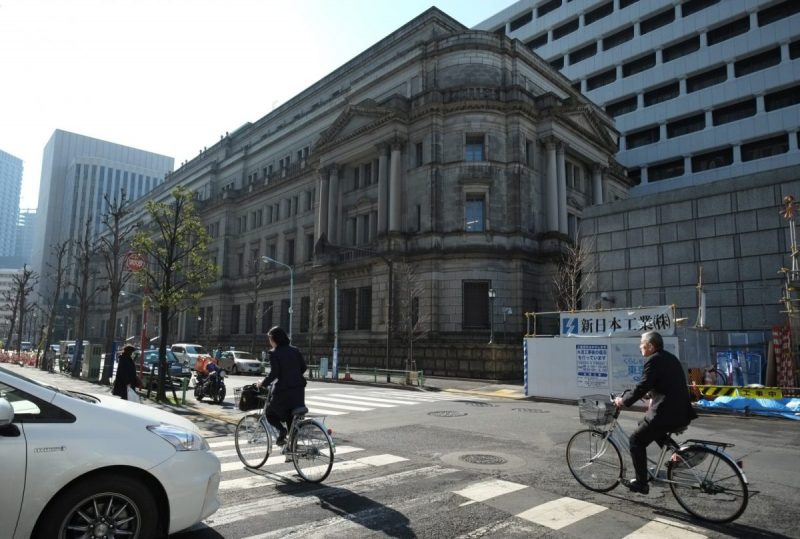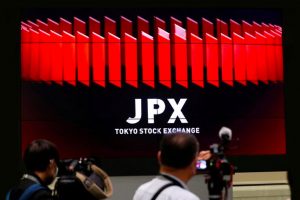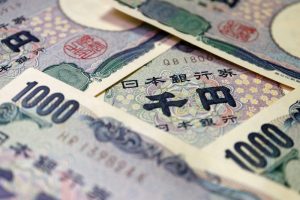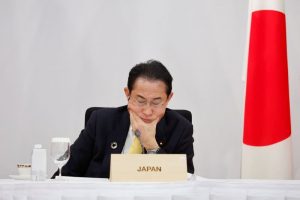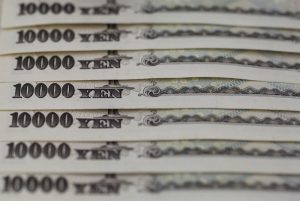The Bank of Japan (BoJ) on Thursday vowed to keep bond yields at zero as the yen plunged towards a level not seen since the 1970s.
Japan’s central bank pledged to continue buying unlimited amounts of 10-year government bonds to defend its implicit 0.25% cap, signalling its resolve to focus on supporting a fragile economy.
The BoJ wrapped up its April 27-28 monetary policy meeting with an 8-1 majority decision to retain its current monetary policy revolving around yield curve controls, as widely expected by the market.
But within minutes of the BoJ’s policy decision on Thursday, the yen fell through the 130 to the dollar barrier, trading at about 130.19 in the late afternoon on Thursday.
“We haven’t changed our view that a weak yen is positive for Japan’s economy as a whole,” BoJ governor Haruhiko Kuroda said after the meeting.
“But it’s also true that excessive currency volatility would heighten uncertainty for companies … and would be unfavourable for the economy,” he added.
With the US Federal Reserve raising rates rapidly, the BoJ’s decision will exacerbate a global divergence in yields. The central bank believes Japan’s underlying economy is far too weak to tighten monetary policy.
However, the BoJ risks upsetting the public as the weak yen drives up the price of imported goods.
Measures to cope with the negative aspects of yen depreciation and rising prices of imported energy and food will be one area of contention between ruling and opposition parties going into Japan’s upper house election expected to take place on July 10.
“Given [Prime Minister Fumio] Kishida’s emphasis on redistribution policy, we believe the BoJ could be compelled to take some measures to cope with accelerating yen depreciation, which works against that agenda,” Barclays analyst Tetsufumi Yamakawa said.
- George Russell, with Reuters
READ MORE:
Japan, US to Keep Close Watch on FX as Yen Hits 6-Year Low
No Good or Bad Yen Exchange Rates, Japan Official Says
BOJ’s Kuroda Warns Recent Sharp Yen Drop May Hit Businesses




